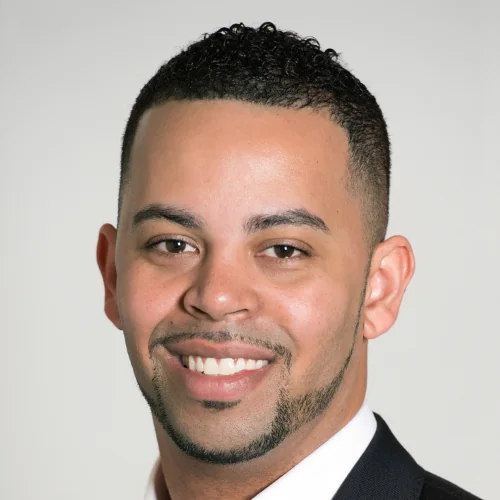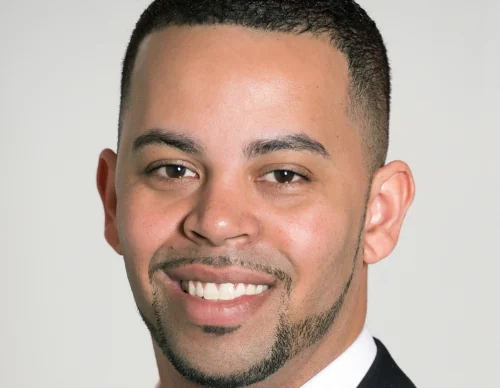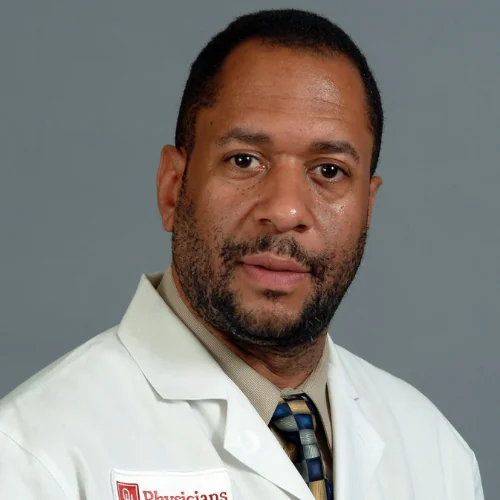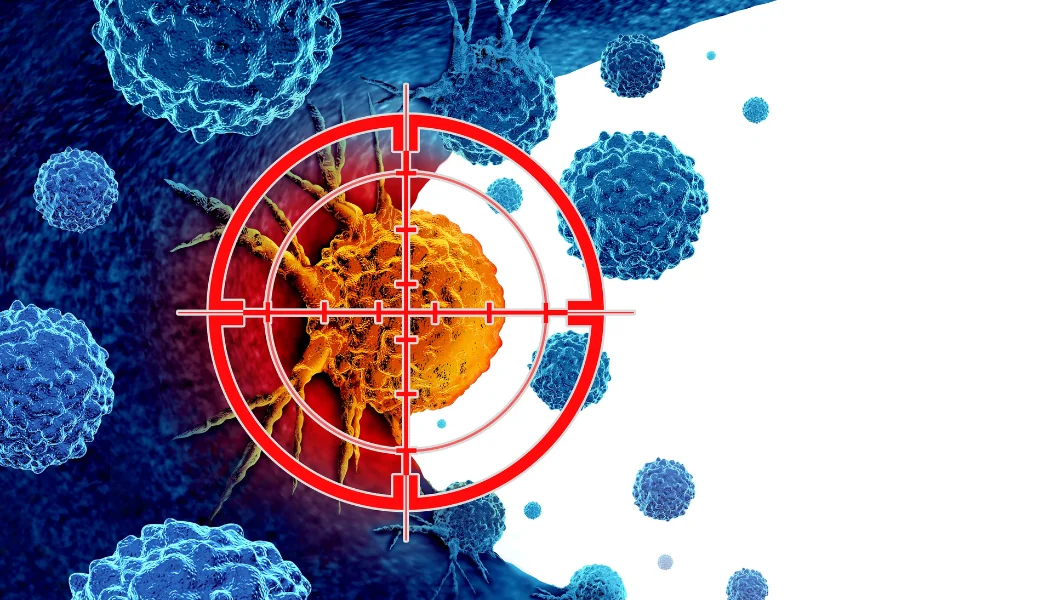University of Pennsylvania Perelman School of Medicine
Cancer-Types Supported
Click a cancer type below to learn more:
Credentials
Philadelphia, Pennsylvania
Department Systems Pharmacology and Translational
Therapeutics
Assistant Professor, Dept. Systems Pharmacology and Translational Therapeutics
Member of the Parker Institute for Cancer Immunotherapy, and
Research Health Scientist at the Philadelphia Veterans Administration Medical Center

Research Projects
Pancreatic cancer accounts for 53,000 new cancer diagnoses and 41,000 cancer deaths per year in the U.S. Patients need effective treatments to save their lives. The new immunotherapy, Chimeric antigen receptor (CAR) T cell therapy, is FDA-approved for several types of blood cancers. With NFCR support, Dr. Avery Posey is developing CAR T cell therapy as a viable treatment option for patients with pancreatic cancer.
CAR T cell therapy first collects a patient’s immune T cells (disease-fighting cells) from their blood and engineers them in the laboratory with a gene to form the CAR on the T cells that matches and binds to specific proteins (antigens) on cancer cells. The CAR T cells are infused into a patient’s body and then seek out cancer cells with the antigen, mounting a full-blown attack on the tumor.
With the NFCR support, Avery Posey will focus on overcoming two of the major obstacles for effective CAR T cell therapy in solid tumors: Increasing CAR T cell’s ability to reach pancreatic cancer cells and having a lasting cancer-killing function on the tumor.
Dr. Posey is engineering CAR T cells to bind to a protein called CEACAM6 on pancreatic cancer cells and stop CEACAM6’s cancer-signaling power. CEACAM6 also inhibits T cells so blocking it will allow T cells to reach the tumor.
This high impact research is a collaboration between Dr. Posey, an expert in CAR T-cell development, and Dr. Courtney Houchen, a leader in development of human pancreatic cancer models derived from patients’ cancer cells. Additionally, T-cell signaling, dosage, and route of administration will be optimized in order to sustain durable anti-tumor activity.
IMPACT
Together, Drs. Posey and Houchen will research the effectiveness of optimized CAR T cell therapies in patient-derived models. If successful, these improvements will propel this specific CAR T cell therapy into clinical studies and may increase therapeutic options for patients with pancreatic cancer.
Background
Dr. Avery D. Posey, Jr. is an Assistant Professor in the Department of Systems Pharmacology
and Translational Therapeutics, a member of the Parker Institute for Cancer Immunotherapy, and a Research Health Scientist at the Philadelphia Veterans Administration Medical Center.
Avery Posey received a bachelor of science in biochemistry and also one in bioinformatics from the University of Maryland, Baltimore County (UMBC) in 2005. He obtained his Ph.D. in Genetics from the University of Chicago in 2011. Dr. Posey completed postdoctoral training in the laboratory of Carl June, where he generated glycosylation-specific chimeric antigen receptors to precisely target tumor-glycoforms of MUC1, a therapeutic that is currently under clinical investigation in a phase I trial.
His laboratory focuses on the generation of novel CAR T cell therapies targeting tumor-associated glycosylation and developing strategies to enhance CAR T cell persistence and overcome tumor-induced immunosuppression for the treatment of solid tumors.
Dr. Posey has received awards in recognition of his research including the Inaugural AACR/Lustgarten Foundation Career Development Award in Pancreatic Cancer Research in honor of Congressman John Robert Lewis (2021-2024). He is the recipient of the V Scholar Grant for Black/African American Cancer Researchers (2021-2023) and the 2018-2022 Young Investigator’s Award of the CureSearch for Children’s Cancer among other honors.
Dr. Posey has ten published patent applications for CAR T cell therapies.
Collaborator:
Our approach emphasizes a collaborative, team environment to accelerate new breakthroughs.
Accelerate innovative research like this and help save cancer patient lives.
Research Focus Areas
Select a Focus Area Below to learn more and see others working in these area.














